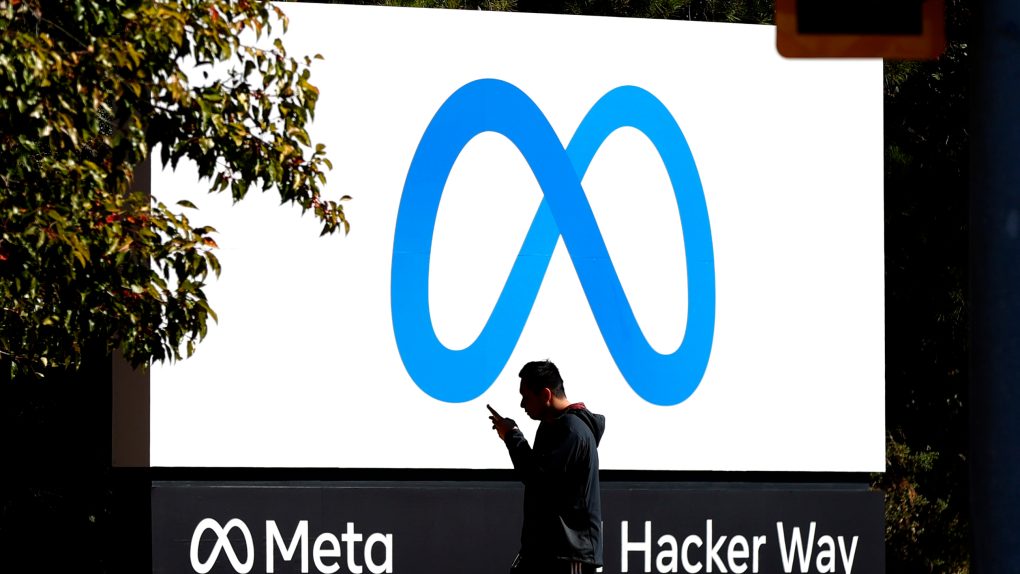Meta’s paid verification service launched a little while ago, and while we have all generally laughed together about people paying to verify themselves on a social media platform, we never thought they would be forced to dox themselves for it.
As reported by TechCrunch, Meta Verified now forces users to provide the company with their legal name. While that makes sense for the purposes of verification, the company is going a step further and also forces users to use that legal name as their display name on their profile. That means that if you’ve been using a pen name or stage name on social media, Meta will no longer allow you to do so if you pay to be verified.
While some people may not have an issue with that, those that fear the internet and real-life trolls who would spend their time trying to find out where someone works or lives have raised valid concerns about the new rules. Abigail Mac, a creator on OnlyFans, said that she was told by Meta that they would not approve her Verified subscription unless she displayed her legal name to the world, something that she had not done due to privacy concerns:
“Putting your name out there, fans can now go on the internet and search, ‘Where did this person grow up? Where do they live now?’ Can we look up house records? And this is how people find celebrities. A lot of things are public record when it comes to buying a home with your real name.”
The general consensus is that, while it makes sense for Meta to need the legal name in order to verify users, users should not be forced to list their legal name on their public profile if they do not wish to do so. In response, a spokesperson for the company said that the rules could be relaxed in the future but that it had no immediate plans to do so:
A Meta spokesperson said that the company is launching with a high security standard. The company may eventually ease the requirements, the spokesperson said, and may work on a “secure solution” for identity verification that doesn’t require users to match their profile names to their government ID. Meta did not specify a timeline for relaxing the ID requirements, and could not guarantee that Meta Verified subscribers would be allowed to change their display names.
Meta launched paid verification for both Facebook and Instagram a few weeks ago, playing catchup to Twitter which has featured paid verification for months now. As the tech giant tests out this latest revenue channel, it also continues to stuff even more advertising into Instagram.







